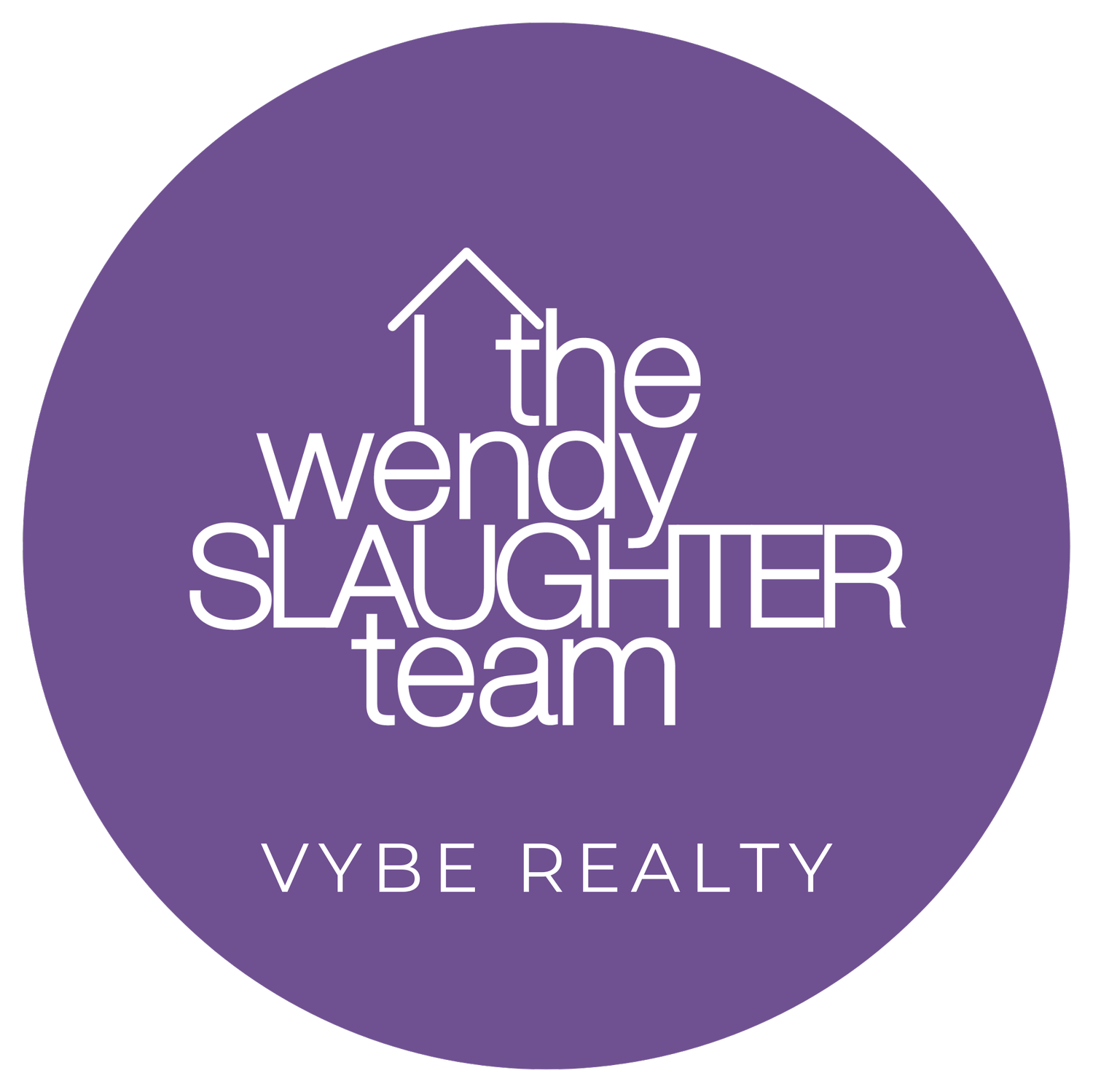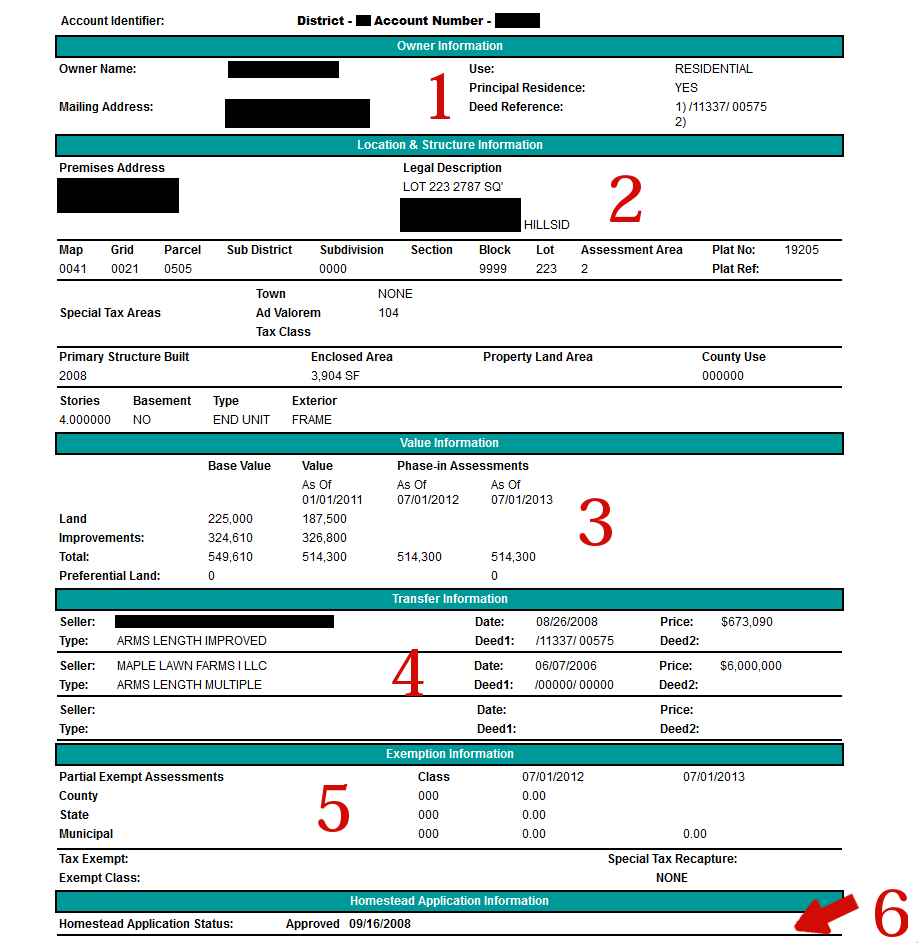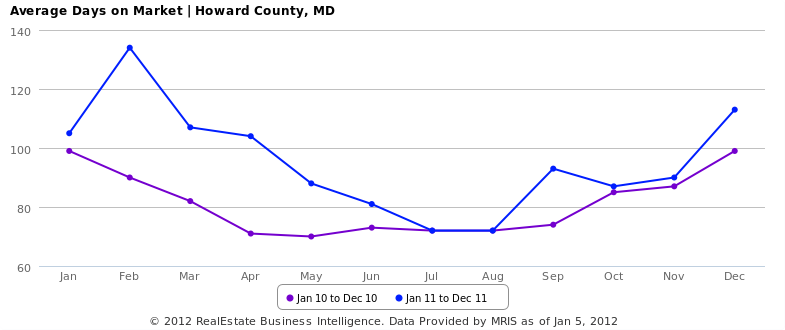Solar panels are appearing on roofs of homes in neighborhoods throughout the area. As systems become more efficient and government tax incentives make solar energy more affordable – and even an income producer in some cases – an increasing number of homeowners are taking the plunge into renewable energy.
In fact, increased affordability in recent years has allowed the United States to pass Japan to its current rank of 4th in the world in solar energy production, behind major producers that include Germany, China and Italy.
Is solar right for you?
Rooftop solar panels, also known as photovoltaic (PV) systems, are the most common solar technology used for homes. Today, almost 450,000 homes and businesses have solar power systems, according to the Solar Energy Industries Association.
Over the past few years, the cost of solar panel systems has decreased dramatically — more than 50% since 2010 — making this energy-producing tool a more affordable option for many homeowners. If you are installing solar on your residence, government incentives (Residential Renewable Energy Tax Credit) further increase the affordability. The Federal Government offers significant tax incentives for homeowners who install approved renewable energy systems; these incentives expire in 2021. A website, www.dsireusa.org, offers local details of grants and other incentives available to homeowners. Another website, http://www.energystar.gov/about/federal_tax_credits, details Federal Tax Credits as well as instructions on how to apply for the credit.
Worried about aesthetics?
If you don’t like the look of traditional solar arrays, you can now buy solar-powered rooftop shingles that blend seamlessly into your roof. Both Dow and CertainTeed manufacture solar shingles that are similar in efficiency to traditional solar panels. Installation costs are slightly higher for solar shingles; however, if you need to install a new roof before installing solar panels, this option may save you money.
My community has an HOA. Can I install solar?
Two dozen states, including Maryland have “solar access rights” laws that limit homeowner associations from banning solar panels. This law overrides your homeowners’ association contract that restricts you from installing the panels. This doesn’t mean your homeowner association can’t place a few community restrictions; HOAs can still enforce where to put your panels or how to install them– these laws usually say that some restrictions are still possible. But if your HOA denies your request to have solar panels installed, you can recite the law, or, in the worst case scenario, you can sue your HOA and let the courts decide.
I’ve got a long-term lease on my solar panels and now I want to move.
You have options. If you plan to sell your home, solar energy companies make it easy to transfer the lease for solar panels to a buyer. Some will also transfer your solar panel system to your new home. If you plan to transfer your panels to a buyer, speak with your Realtor® about disclosing lease costs as well as promoting energy savings. Not all buyers are familiar with the benefits of solar, so it’s important to show that the added cost of a solar lease will also allow them to reap the benefit of reduced energy costs. Most solar leasing companies will allow the lease to transfer easily to a buyer, making the process a fairly painless part of the real estate transaction.
What is the real impact of solar panel systems on a home’s value?
The impact on home value varies from market to market. In the past, appraisers have had difficulty finding comps to properly address the added value of solar panels, but that will change as more homes adopt solar. According to a recent study by the solar energy industry, the average sales price of homes with solar in the Baltimore Metro area is 2.52% higher than those without (approx. $13,667). However, the sample studied was not statistically significant. In fact, anecdotally, solar is still a novelty and may increase a buyer’s interest in a property but not increase their desire to pay more for such a property, particularly if they will be assuming a lease for solar panels. As such, the decision to adopt solar should not be based solely upon the potential for an increased selling price.
Sources: Solar Energy Industries Association, solargaines.com, pureenergies.com





















